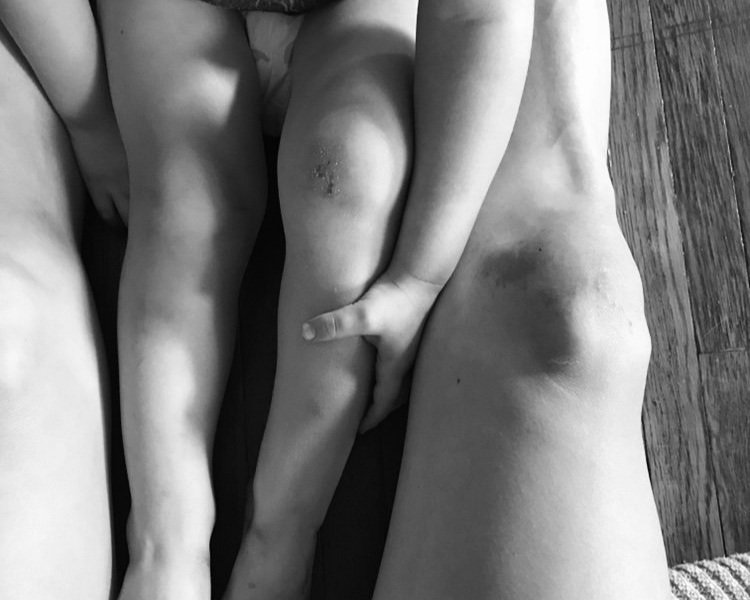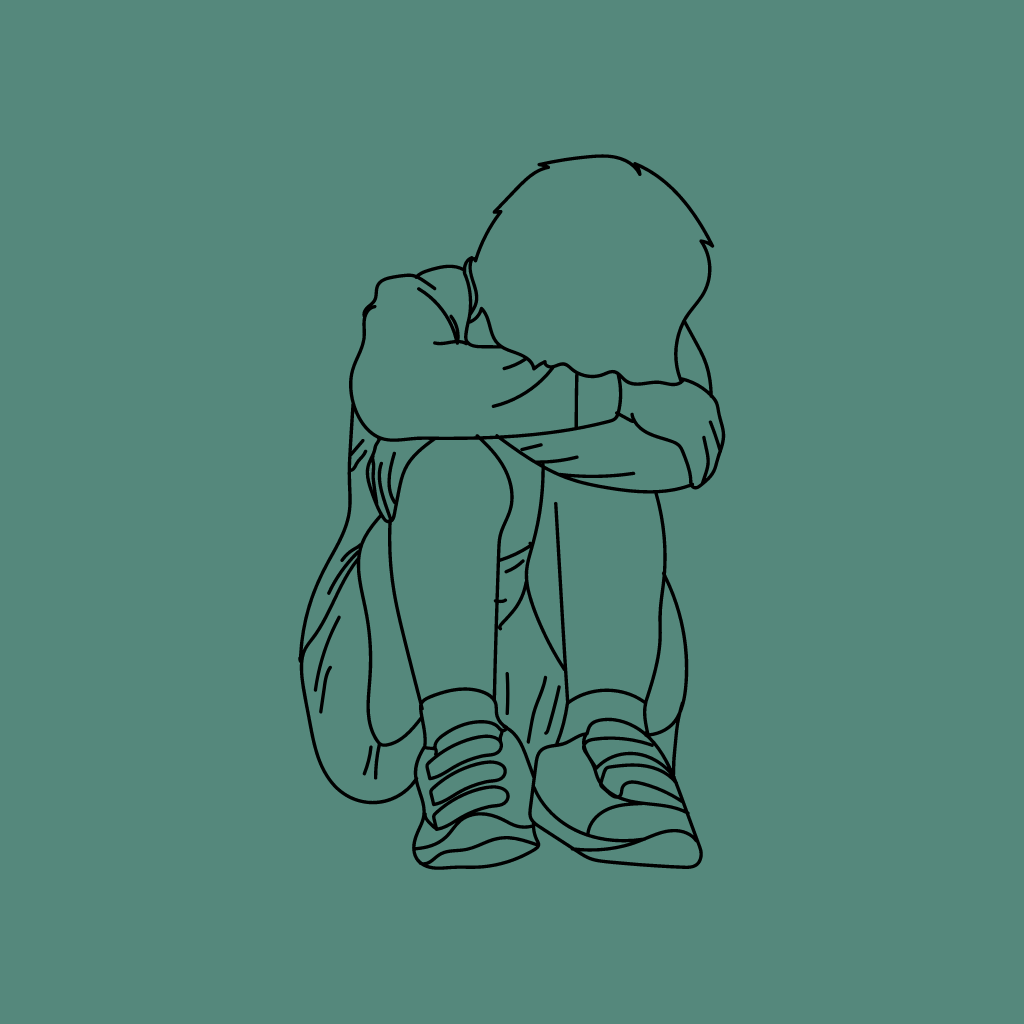
The Parents of Neurodivergent, Highly Sensitive Children Need Their Own Therapists, too.
You Need Nurturance And Support Just As Much As Your Child Does.
At The Real Work, our therapists specialize specifically in supporting parents in their healing both from their own childhood wounds and also from the current stressors that parenting brings each day.
Give Yourself Permission to Heal.
Therapy at The Real Work: A Place For ParentsTo Heal And Grow.
How you were raised affects how you raise your child. .
If you are struggling with being a parent, some of your difficulties could come from un-explored parts of your own childhood. Seeking therapy to work through these is valuable to your relationship to your child and mental wellness as a parent.
Photo by Don Delfin Espino on Unsplash
Becoming a parent is hard, and our children challenge us in ways we never imagined. Research shows us that our children activate our own stuck places, our own struggles we haven’t grown out of yet. Which is why you might have such big feelings, anger, aggression, scary thoughts or things you regret saying towards your child.
Working with parents is a longtime passion of mine, ever since I had my own children. I truly believe that we all deserve a guide who provides compassion, research-based education, and empathic relationship, because parenting is a touch journey, a confusing journey, and often a lonely one. .
Yes, parents, our childhood adversity can get passed on to our own kids
Childhood Adversity (Defined As ACES Or Adverse Childhood Experiences) Has A Huge Impact On Your Physical And Mental Health As An Adult. As You Can Imagine, It Also Affects Your Relationship With Your Child, And Also Your Child’s Development And Personality.
Now That You Know A Bit More About ACES And Know Your Own Score, Let’s Talk About Parenting Your Child When You Have Your Own History Of Childhood Struggles
Multiple research studies of ACES and parenting sparked this blog post outlining “When Parents Have Experienced Their Own Adverse Childhood Experiences, What are the Effect on Their Children?”
Common Questions from Parents Like You
Help! Some days I’m not sure I like my child. Is there something wrong with me?
You are not alone! Mothers, fathers, and others who identify as caregivers and parents have scary thoughts! I know, because I’m one of them, and I’m also an expert in the field of psychotherapy, child development, and parenting. I’m here to help you.
I THINK I NEED HELP FROM A PROFESSIONAL. WHO CAN HELP AND WHAT DO I LOOK FOR IN A THERAPIST OR COACH?
There is so much on the internet about parenting, so many coaches, experts, gurus, youtubers and parenting help books, that it can be exhausting to sift through the information to discover what the “right” thing is. If you’ve tried self help, podcasts, and other modalities but feel that you need more intensive work for helping you parent and connect with your child, working with a therapist might be for you. Working with a therapist who specializes in parent support, trauma, and child development can help you work through your own childhood issues and become a more calm and connected parent! There are a number of evidence-based methods for helping parents connect with, understand, and attach to their children.
Child Parent Psychotherapy (CPP)
One important part of Child Parent Psychotherapy is The Attachment System. This system is vital because the the attachment relationship between the parent and child actually organizes how a child responds to threats in their world. Your relationship with your child actually shapes the way your child understands the world, and how safe they believe it is!
This principle is crucial in working with parents with infants or toddlers who have experienced trauma both because you, the parent, can benefit from education on the topic, and also because using a treatment model that targets that very attachment system will be the most effective in healing the child and parent’s perception and sense of safety.
CPP seems to do a great job of directly exploring how the experience of the trauma affects the individuals and the attachment relationship. Then, the model integrates linking the past and the present, really looking at how a past trauma is influencing reactions to stimuli and relationships in the present. The above principle also applies to the reflective process, which CPP also values as a core part of the model. The clinician and the dyad are also forming an attachment and thus the sense of safety and predictability in that relationship will become a space for healing and rewiring to occur.
Analyzing the attachment system and acknowledging the history of trauma seems to be a key part of CPP, and parents can engage in this work to connect more deeply with themselves, heal from their own childhood trauma, and really reflect on what kind of child they are hoping to raise.
Circle Of Security Parenting
“THE STATE OF MIND OF THE CAREGIVER ORGANIZES AND DIRECTS CAREGIVING BEHAVIORS, WHICH IN TURN AFFECTS THE CHILD’S SECURITY OF ATTACHMENT.
”
— (FONAGY, STEELE, & STEELE, 1991)
If you’re a parent, you already intuitively know this. How you feel, (the state of mind you’re in) affects how you behave towards your child (caregiving behaviors). This actually plays a part in how securely your child is attached to you, the caregiver. I’m not talking as much about the random one time you acted differently because you were having a bad day. I’m talking about consistent patterns. What are your patterns of responding as a parent? What thoughts are running through your head during bedtime routine, when your child runs to you after falling off her bike, or when your child asks for the millionth time if he can play on the iPad? Your feelings and your behavior are easily read by your child, and they matter!

